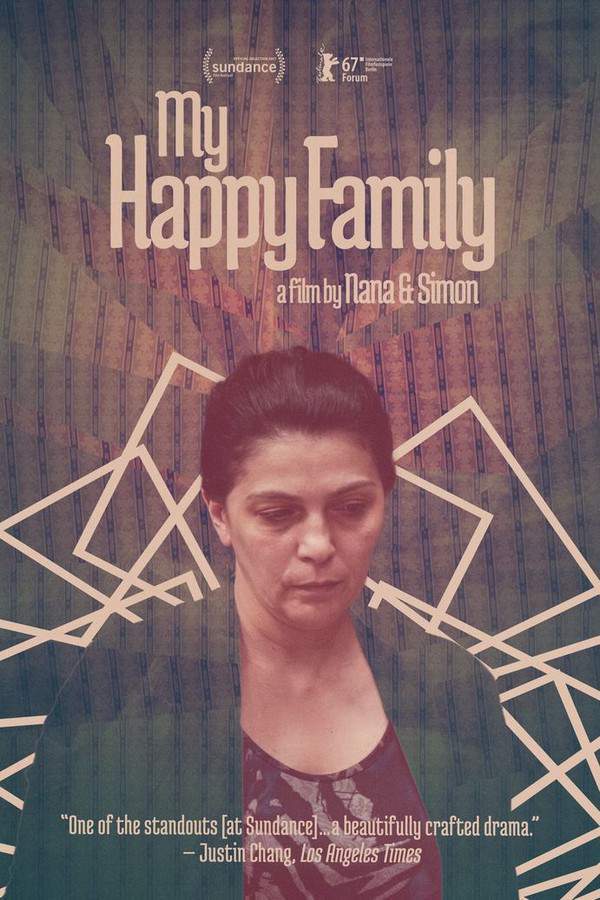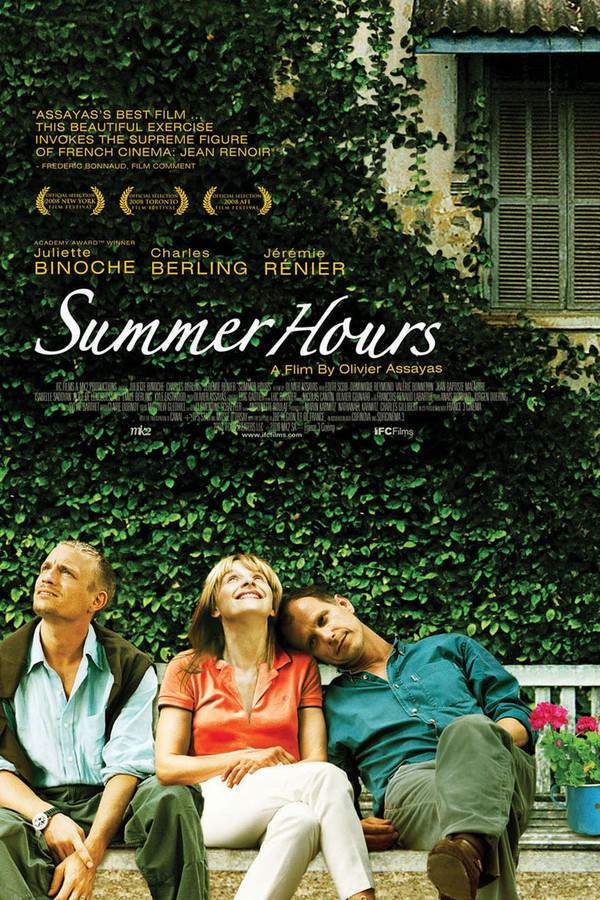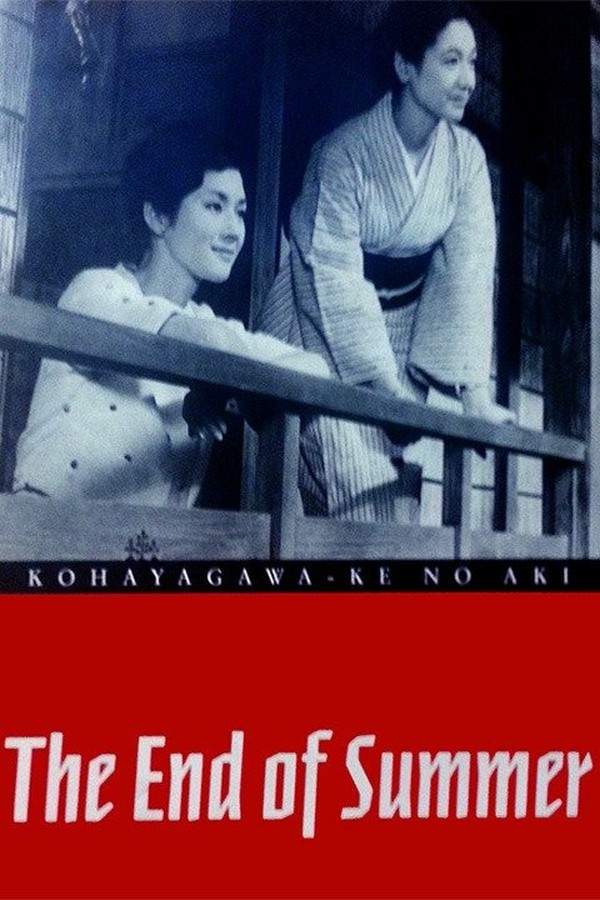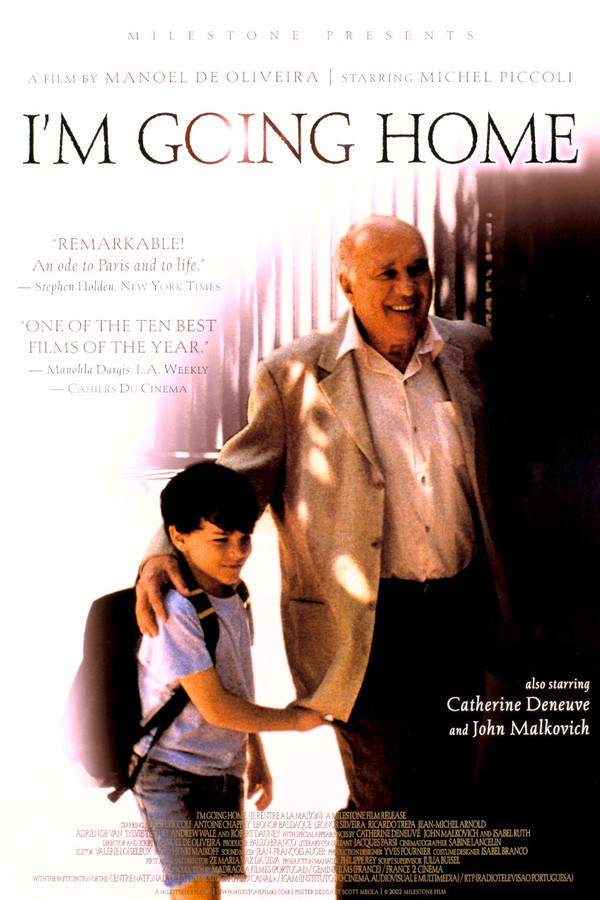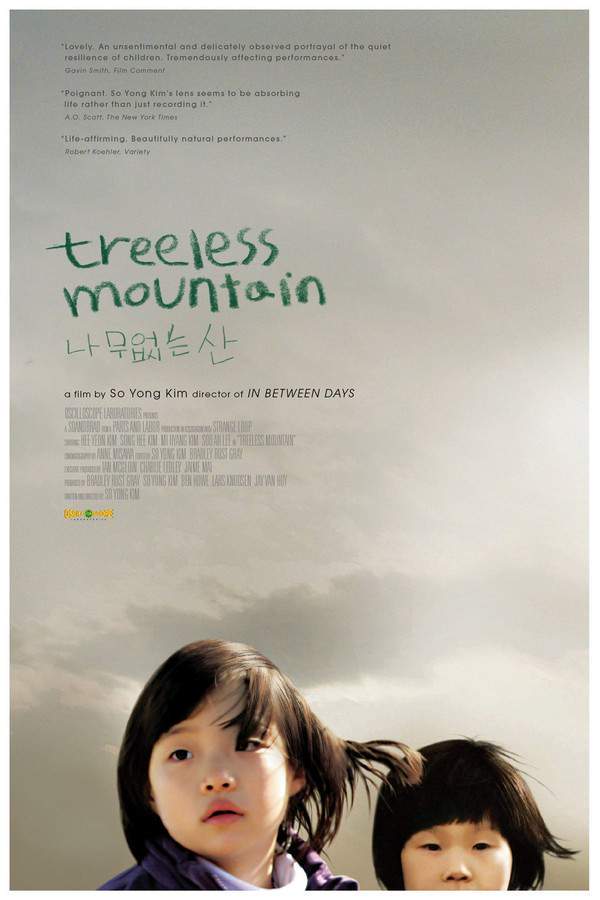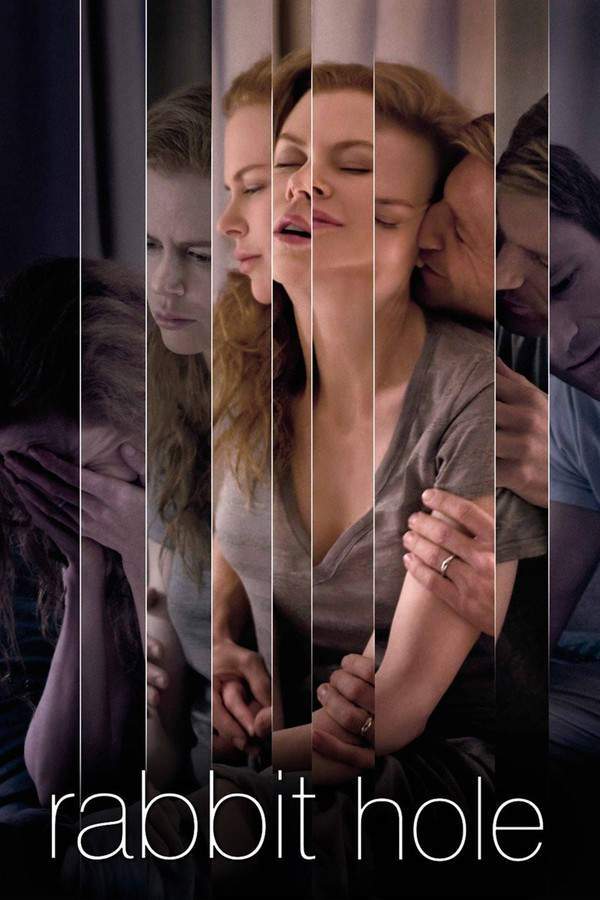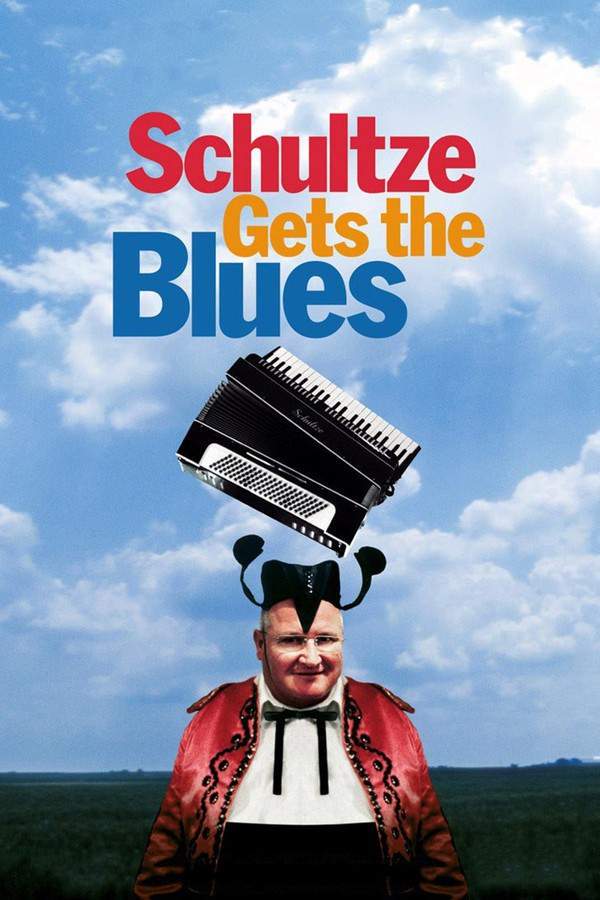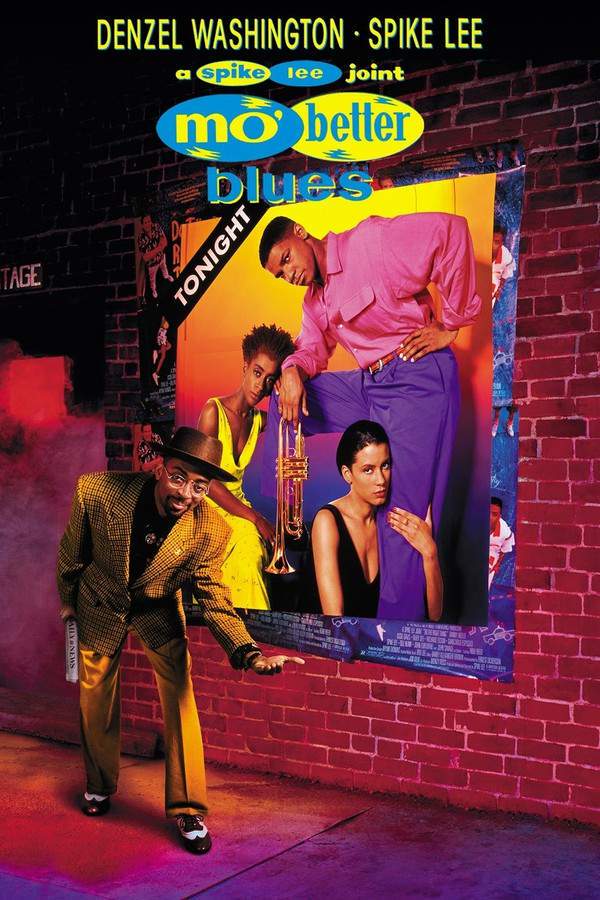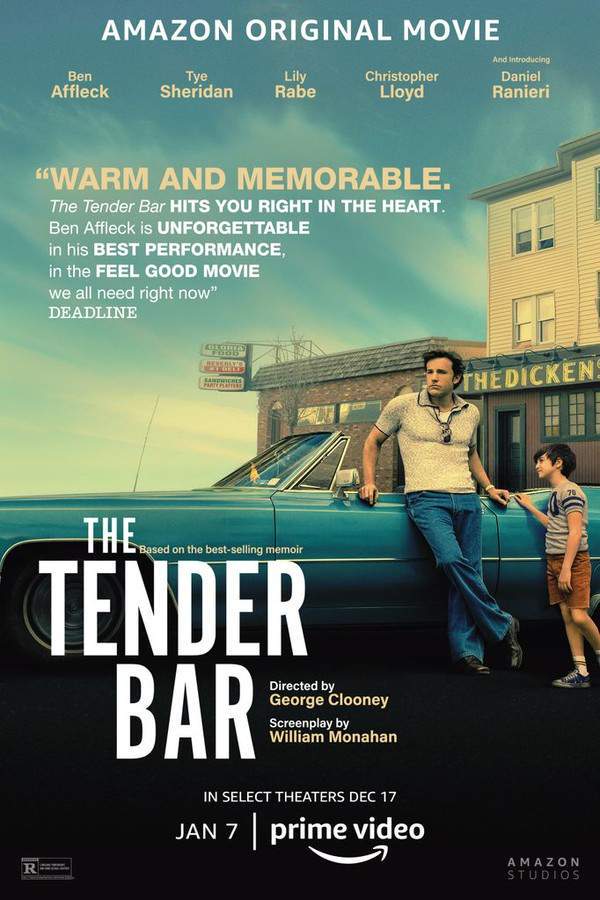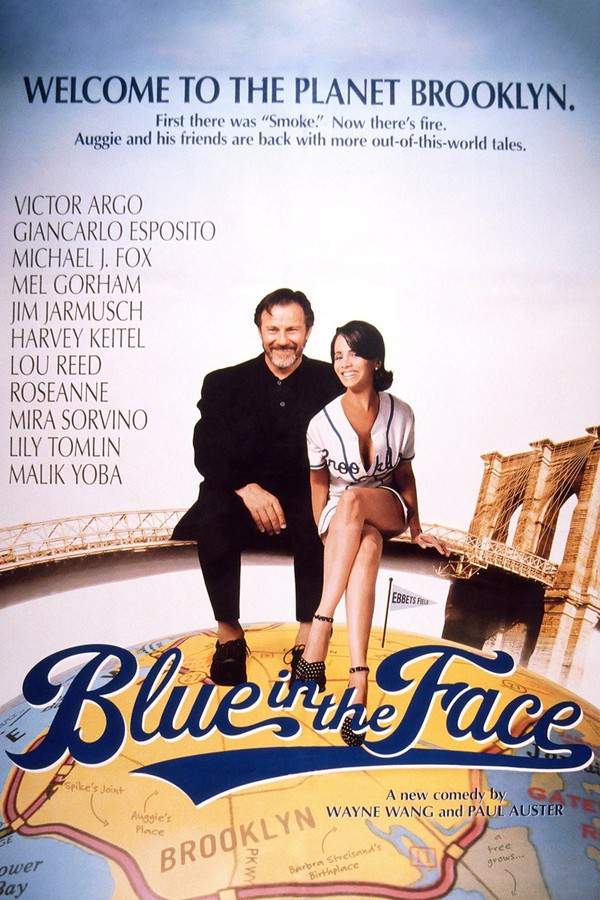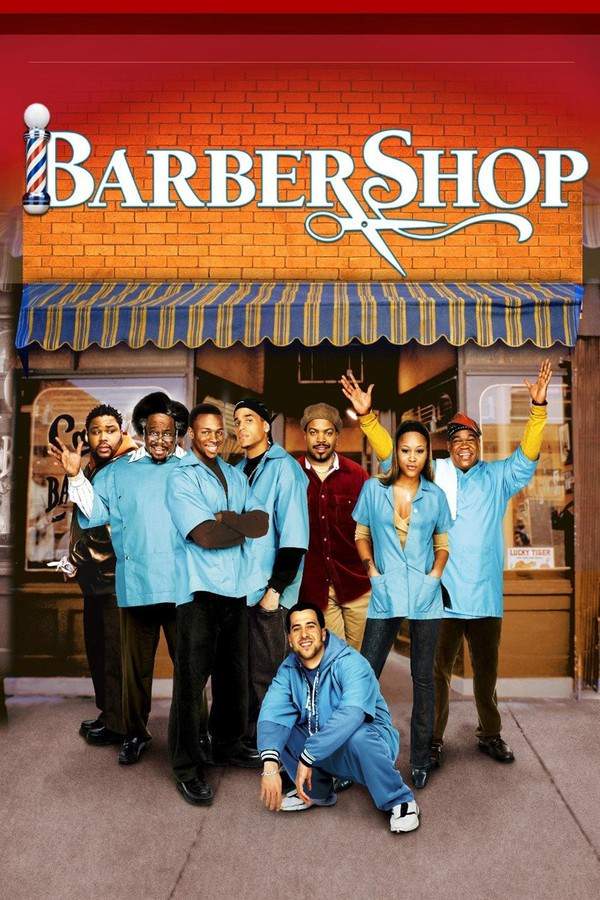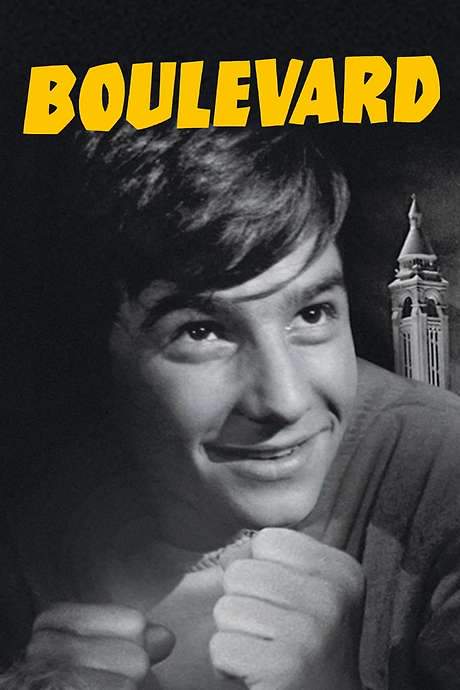
Gaz Bar Blues
Year: 2003
Runtime: 115 mins
Language: French
Director: Louis Bélanger
Mr. Brochu, known as “the Boss” to his friends, strives to keep his neighborhood gas station running smoothly while maintaining a cheerful outlook. The film portrays the small tragedies that surround the shop—robberies, encroachment by large corporate chains, and his sons’ apparent disinterest in inheriting the business—showcasing his perseverance.
Warning: spoilers below!
Haven’t seen Gaz Bar Blues yet? This summary contains major spoilers. Bookmark the page, watch the movie, and come back for the full breakdown. If you're ready, scroll on and relive the story!
Gaz Bar Blues (2003) – Full Plot Summary & Ending Explained
Read the complete plot breakdown of Gaz Bar Blues (2003), including all key story events, major twists, and the ending explained in detail. Discover what really happened—and what it all means.
François Brochu Serge Thériault, the self-styled “boss,” runs a small gas station that serves as the stubborn center of his world. A widower facing early Parkinson’s, he clings to a simple dream: keep the family united by the work they share at the pumps. The station, though, is a magnet for a lively circle of friends and trouble—Gaston Savard Gilles Renaud, Jos, Normand Patry Gaston Lepage, Yves Michaud Daniel Gadouas, Claude, Nelson, and Ti-Pit Claude Legault—and each night the place hums with routine, music, and memories.
His children form a complicated chord of their own. Réjean Sébastien Delorme is the most responsible, yet wary of his father’s method of keeping everyone close through the station’s daily grind. Guy Danny Gilmore is a free spirit, a harmonica player who drifts in and out of the shifts, while 13-year-old Alain Maxime Dumontier quietly shoulders the more practical tasks. Nathalie Brochu Fanny Mallette watches all of this with a mix of affection and exasperation, unsure where the family’s stubborn love ends and the pressure to stay together begins to bend them apart.
As time moves forward, the film places a quiet lens on the era outside the pumps. The backdrop of the late 1980s—the revolutions buzzing across Eastern Europe and the looming shadow of the Berlin Wall—flows through the characters’ days without ever fully breaking their routine. Réjean’s letters home, written from a world changing faster than their gas station can adapt, reveal a growing disillusion with the idea that modernization means simply replacing gallons with litres and introducing new self-service kiosks. His experiences, and the symbol of the Wall’s fall, drift into the family’s ordinary life as a haunting reminder that progress can be unsettling as well as inevitable.
The tension inside the family comes into sharper focus when a crisis hits. Réjean finds himself in trouble abroad and returns to Canada with a new skepticism about how his father runs the business and how far the family must go to stay united. Meanwhile, a tense encounter with Inspecteur Gobeil Daniel Brière tests the elder Brochu’s faith in the station as a unifying force. The daily life of the gas station—fights over the transition from old ways to new systems, the strain of managing a business that feels like a lifeline—begins to fray at the edges.
Then a turning point arrives in a harrowing moment: Alain is taken hostage during a robbery, a crisis that forces François to confront what he’s really protecting by keeping the station open. The situation reaches a quiet, cinematic pivot when Alain is exchanged for his father, and the family’s fragile balance is laid bare in the glare of police lights and the echo of sirens. It’s a moment that makes François realize that his desire to keep everyone together by maintaining the family business may be tearing them apart in the process.
The aftermath becomes a slow, painful reckoning. After the hostage ordeal, François reevaluates the meaning of family, duty, and belonging. He enters therapy for his Parkinson’s and begins to see a life beyond the gas station’s glow. He attends a raw, heartfelt concert performed by Guy Danny Gilmore at a pub, allowing the family to exist in new, separate spaces while still walking the same shared road. The decision crystallizes: the gas station will close, and François will retire to be closer to his four kids, letting the bonds they’ve built breathe and evolve.
In the final turn, Jos and Ti-Pit read the “End of Business” message left by The Boss, a quiet signal that the group must reconceptualize their friendship and futures. The film closes on a note of resilience and renewed connection: the men and women who gathered at the pumps—Gaston Savard, Normand Patry, Yves Michaud, and the others—move forward not as a single, unchanging unit but as a family that has learned to adapt, to forgive, and to grow beyond the station that once defined them all.
Last Updated: October 09, 2025 at 16:33
Explore Movie Threads
Discover curated groups of movies connected by mood, themes, and story style. Browse collections built around emotion, atmosphere, and narrative focus to easily find films that match what you feel like watching right now.
Family business dramas like Gaz Bar Blues
Stories about family-run establishments facing the pressures of a changing world.If you liked the story of the Brochu family gas station in Gaz Bar Blues, explore more movies about family-run businesses. These films capture the unique blend of personal and professional struggles, the threat of corporate chains, and the bittersweet reality of generational change.
Narrative Summary
Stories in this thread typically follow a patriarch or matriarch striving to preserve a family business against economic shifts, corporate competition, or disinterested heirs. The narrative often involves a crisis that forces characters to confront their legacy, resulting in either adaptation or a poignant acceptance of an era's end.
Why These Movies?
Movies are grouped here for their shared focus on the family business as a central character and setting. They share a thematic core of resilience, legacy, and the intimate collision of personal relationships with commercial survival.
Movies about quiet resilience like Gaz Bar Blues
Character-driven stories about ordinary people enduring life's small tragedies with grace.For viewers who appreciated the quiet strength of Mr. Brochu in Gaz Bar Blues, this collection highlights similar stories of gentle perseverance. These movies feature characters facing慢性 illness, fading traditions, or personal loss, all handled with a meditative, reflective tone.
Narrative Summary
The narrative pattern involves a central character navigating a series of low-key but cumulative challenges. There is no single villain; the antagonist is often time, change, or circumstance itself. The journey is internal, focusing on the character's emotional endurance and the small, significant moments that define their resilience.
Why These Movies?
These films are united by a specific mood blend: a melancholic baseline contrasted with a strong, quiet sense of human dignity. They share a slow, observant pacing that allows the viewer to sit with the characters and absorb the weight of their situation and the beauty of their resolve.
Unlock the Full Story of Gaz Bar Blues
Don't stop at just watching — explore Gaz Bar Blues in full detail. From the complete plot summary and scene-by-scene timeline to character breakdowns, thematic analysis, and a deep dive into the ending — every page helps you truly understand what Gaz Bar Blues is all about. Plus, discover what's next after the movie.
Gaz Bar Blues Timeline
Track the full timeline of Gaz Bar Blues with every major event arranged chronologically. Perfect for decoding non-linear storytelling, flashbacks, or parallel narratives with a clear scene-by-scene breakdown.

Characters, Settings & Themes in Gaz Bar Blues
Discover the characters, locations, and core themes that shape Gaz Bar Blues. Get insights into symbolic elements, setting significance, and deeper narrative meaning — ideal for thematic analysis and movie breakdowns.

Gaz Bar Blues Spoiler-Free Summary
Get a quick, spoiler-free overview of Gaz Bar Blues that covers the main plot points and key details without revealing any major twists or spoilers. Perfect for those who want to know what to expect before diving in.

More About Gaz Bar Blues
Visit What's After the Movie to explore more about Gaz Bar Blues: box office results, cast and crew info, production details, post-credit scenes, and external links — all in one place for movie fans and researchers.

Similar Movies to Gaz Bar Blues
Discover movies like Gaz Bar Blues that share similar genres, themes, and storytelling elements. Whether you’re drawn to the atmosphere, character arcs, or plot structure, these curated recommendations will help you explore more films you’ll love.
Explore More About Movie Gaz Bar Blues
Gaz Bar Blues (2003) Scene-by-Scene Movie Timeline
Gaz Bar Blues (2003) Movie Characters, Themes & Settings
Gaz Bar Blues (2003) Spoiler-Free Summary & Key Flow
Movies Like Gaz Bar Blues – Similar Titles You’ll Enjoy
Greenberg (2010) Movie Recap & Themes
Schultze Gets the Blues (2005) Detailed Story Recap
Mo' Better Blues (1990) Film Overview & Timeline
The Tender Bar (2021) Film Overview & Timeline
Blue in the Face (1995) Complete Plot Breakdown
Barbershop (2002) Spoiler-Packed Plot Recap
Berlin Blues (2003) Ending Explained & Film Insights
The Blues Brothers (1980) Film Overview & Timeline
Berlin Blues (1988) Story Summary & Characters
Boulevard (1960) Story Summary & Characters
Gasman (1998) Detailed Story Recap
Three from the Gasoline Station (1955) Full Summary & Key Details
Dealing: Or the Berkeley-to-Boston Forty-Brick Lost-Bag Blues (1972) Plot Summary & Ending Explained
Blue City (1997) Ending Explained & Film Insights
Matroni and Me (1999) Ending Explained & Film Insights


